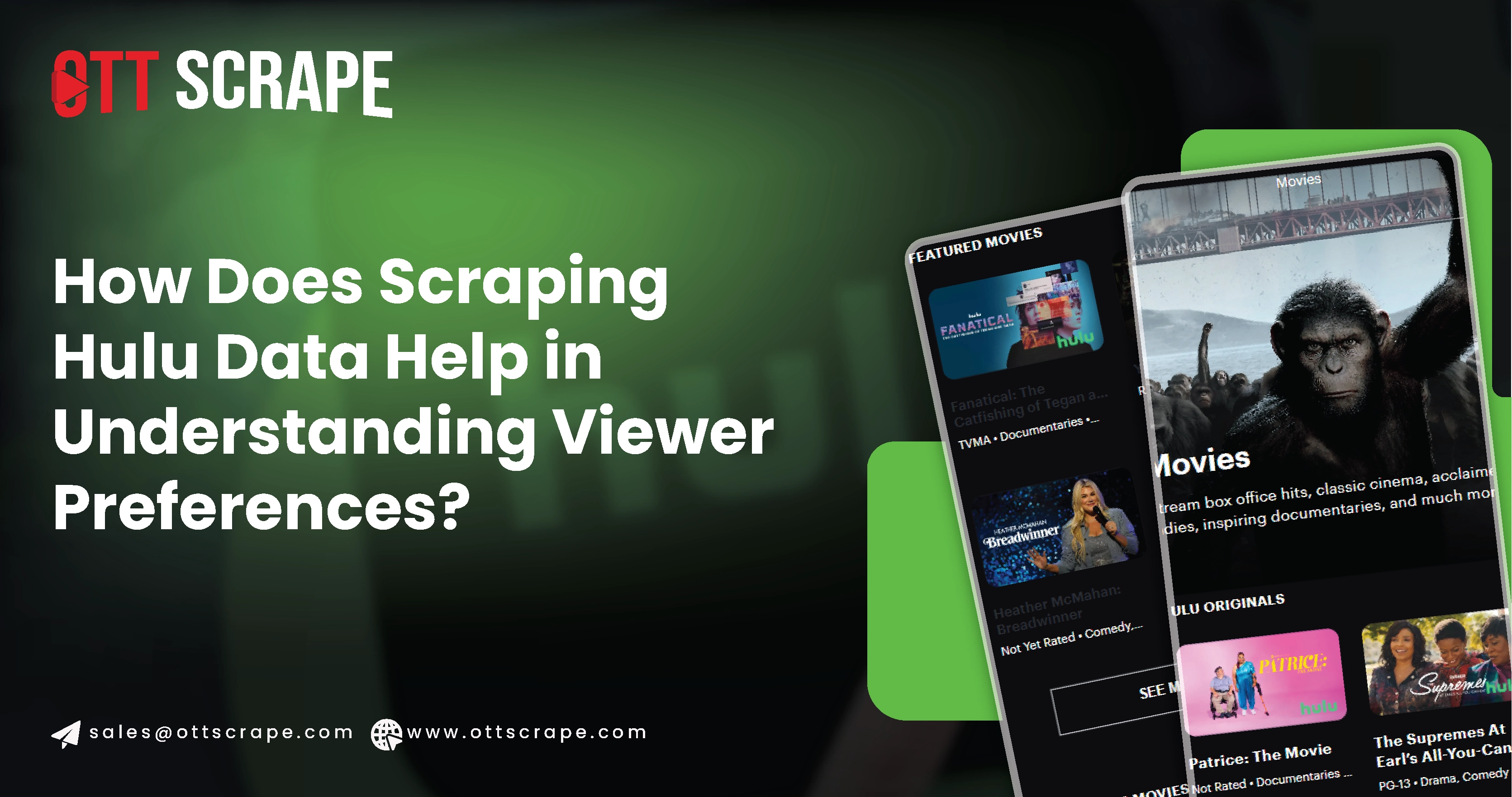
Introduction
In the rapidly evolving world of digital entertainment, streaming platforms have fundamentally changed how we consume media. Among these platforms, Hulu stands out for its diverse content offerings and strategic approach to acquiring and producing popular shows. While platforms like Netflix and Amazon Prime often dominate conversations around streaming, Hulu has steadily carved out its niche, offering a mix of current TV episodes, exclusive original content, and a vast library of on-demand movies and shows.
With increased competition in the streaming space, understanding viewer preferences and content trends is critical for success. One effective method for gaining these insights is data scraping, which enables businesses, researchers, and media companies to collect vast amounts of data on various aspects of streaming platforms. In the case of Hulu, scraping genre-based data can unlock significant trends regarding what types of shows or movies are performing well, what viewers prefer, and how genres shift over time.
This article explores the power of scraping Hulu data, mainly focusing on genre insights and how these insights can impact streaming success. By utilizing Hulu movie datasets, stakeholders can understand viewer preferences comprehensively, enabling them to make informed decisions that enhance content offerings and drive engagement.
The Value of Hulu Data Scraping on Viewer Choices in the Streaming Industry
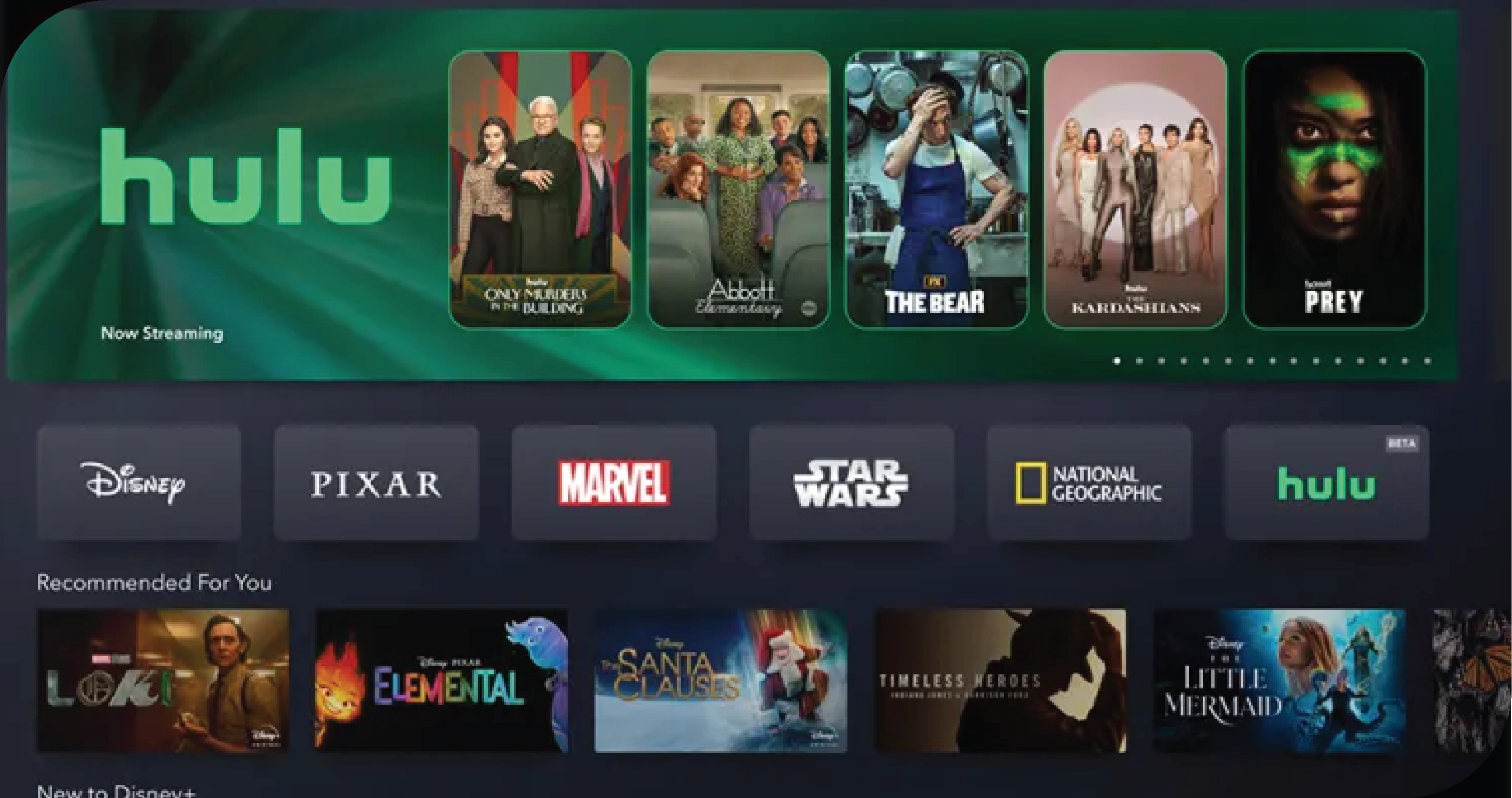 Streaming platforms like Hulu generate an immense amount of data every day. This data includes what shows people watch, how long they watch, which genres dominate their viewing habits, and how their preferences shift with time. While Hulu offers limited public access to such metrics, businesses, marketers, and analysts can use Scrape Hulu Data to gather information at a granular level. This can include gathering data on specific genres, such as how many horror shows are currently available, which comedy movies are trending, or how often viewers switch between drama and science fiction.
Streaming platforms like Hulu generate an immense amount of data every day. This data includes what shows people watch, how long they watch, which genres dominate their viewing habits, and how their preferences shift with time. While Hulu offers limited public access to such metrics, businesses, marketers, and analysts can use Scrape Hulu Data to gather information at a granular level. This can include gathering data on specific genres, such as how many horror shows are currently available, which comedy movies are trending, or how often viewers switch between drama and science fiction.By Scraping Hulu Streaming Data, analysts can uncover hidden trends in viewer behavior. For instance, a surge in action-thriller content consumption may indicate that viewers seek more intense, adrenaline-pumping entertainment. On the other hand, an uptick in animated or children's programming could suggest that families are spending more time at home. Tracking these changes over time allows companies to predict future trends better, making genre-based data an invaluable resource. By using a Hulu Data Scraper, businesses can dive deeper into understanding how shifting preferences shape the streaming success of different genres.
Key Genre Trends on Hulu
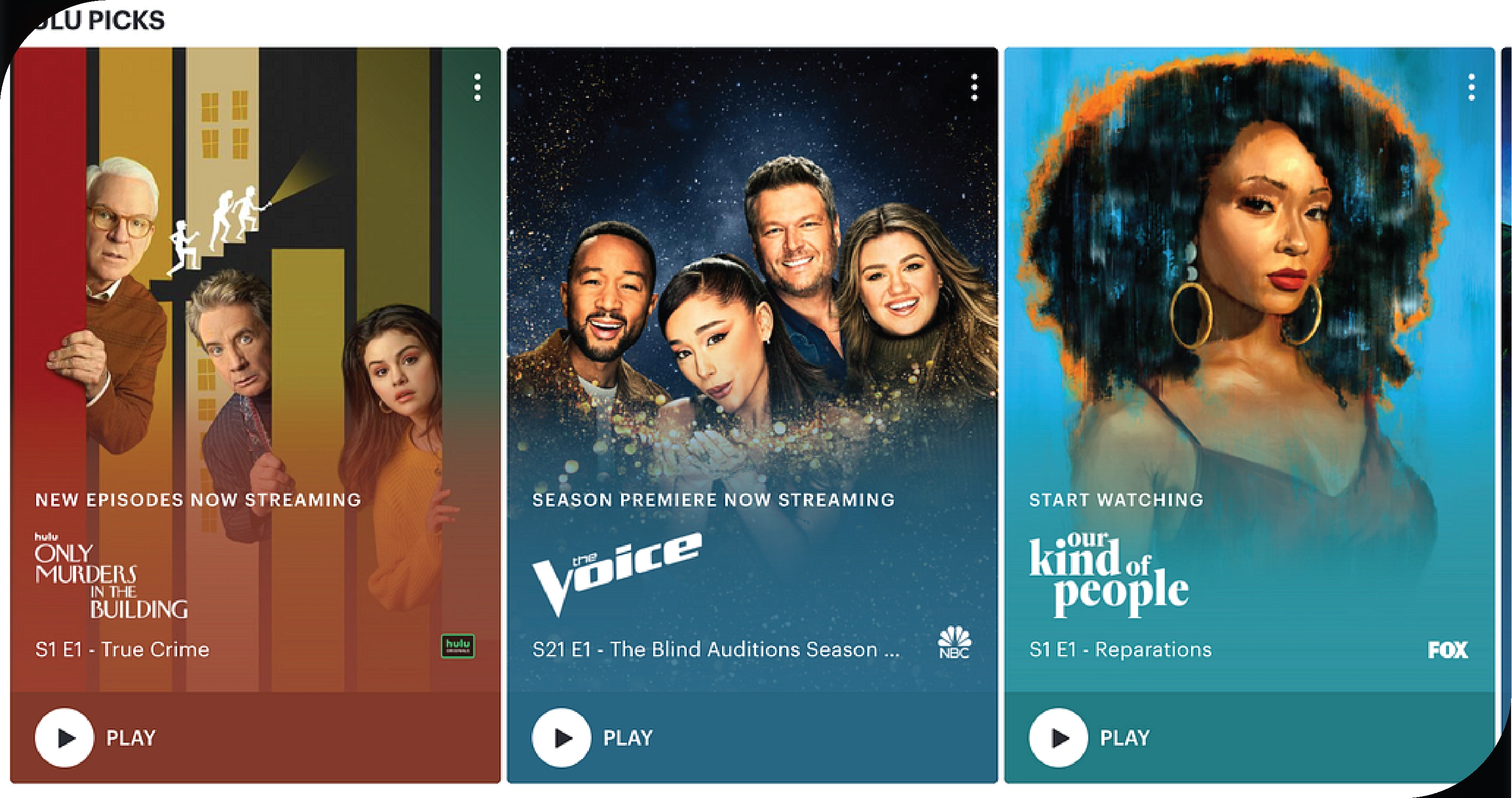 One of the most appealing aspects of Hulu is the platform's commitment to offering content across various genres. Hulu's diversity attracts a broad audience from drama, comedy, and horror to romance, documentary, and science fiction. Hulu Data Collection enables stakeholders to see which genres are currently the most popular and the trajectory of those genres.
One of the most appealing aspects of Hulu is the platform's commitment to offering content across various genres. Hulu's diversity attracts a broad audience from drama, comedy, and horror to romance, documentary, and science fiction. Hulu Data Collection enables stakeholders to see which genres are currently the most popular and the trajectory of those genres.For example, the popularity of crime dramas and thrillers on Hulu has surged recently. Shows like "The Handmaid's Tale" and "Killing Eve" have captivated viewers with their dark, complex narratives. By Scraping Hulu API Data on which shows within the crime and thriller genres are being streamed the most, analysts can determine whether Hulu should focus more on producing or acquiring similar content to satisfy viewer demand.
Another genre to watch is animation. Hulu has a robust library of adult animation series, including popular titles like "Rick and Morty," "Family Guy," and "Bob's Burgers." Using Hulu Series Datasets on animated shows, analysts can observe the audience's reception and discover trends, such as whether viewership spikes occur after new seasons are released or when these shows are binge-watched.
The Influence of Hulu Movie Streaming Data Scraping
 Hulu's original programming is a vital part of its success. Scrape Hulu Movie Streaming Data on genre-specific information to reveal interesting platform strategy patterns. For example, Hulu originals like "The Handmaid's Tale" and "Castle Rock" fall under drama and horror, two genres that have consistently performed well. Scraping data on the performance of Hulu's originals compared to licensed content can reveal whether the platforms should continue investing heavily in these genres or explore others.
Hulu's original programming is a vital part of its success. Scrape Hulu Movie Streaming Data on genre-specific information to reveal interesting platform strategy patterns. For example, Hulu originals like "The Handmaid's Tale" and "Castle Rock" fall under drama and horror, two genres that have consistently performed well. Scraping data on the performance of Hulu's originals compared to licensed content can reveal whether the platforms should continue investing heavily in these genres or explore others.Furthermore, by identifying what kinds of original content perform well within specific genres, streaming platforms like Hulu can decide where to allocate its budget. Suppose Hulu Series Data Collection reveals that romantic comedies are underrepresented but highly popular among viewers. Streaming platforms could consider producing or acquiring more original content in that space, filling gaps in its library while responding to viewer demand.
How Streaming Giants Use Genre Data to Enhance Viewer Engagement
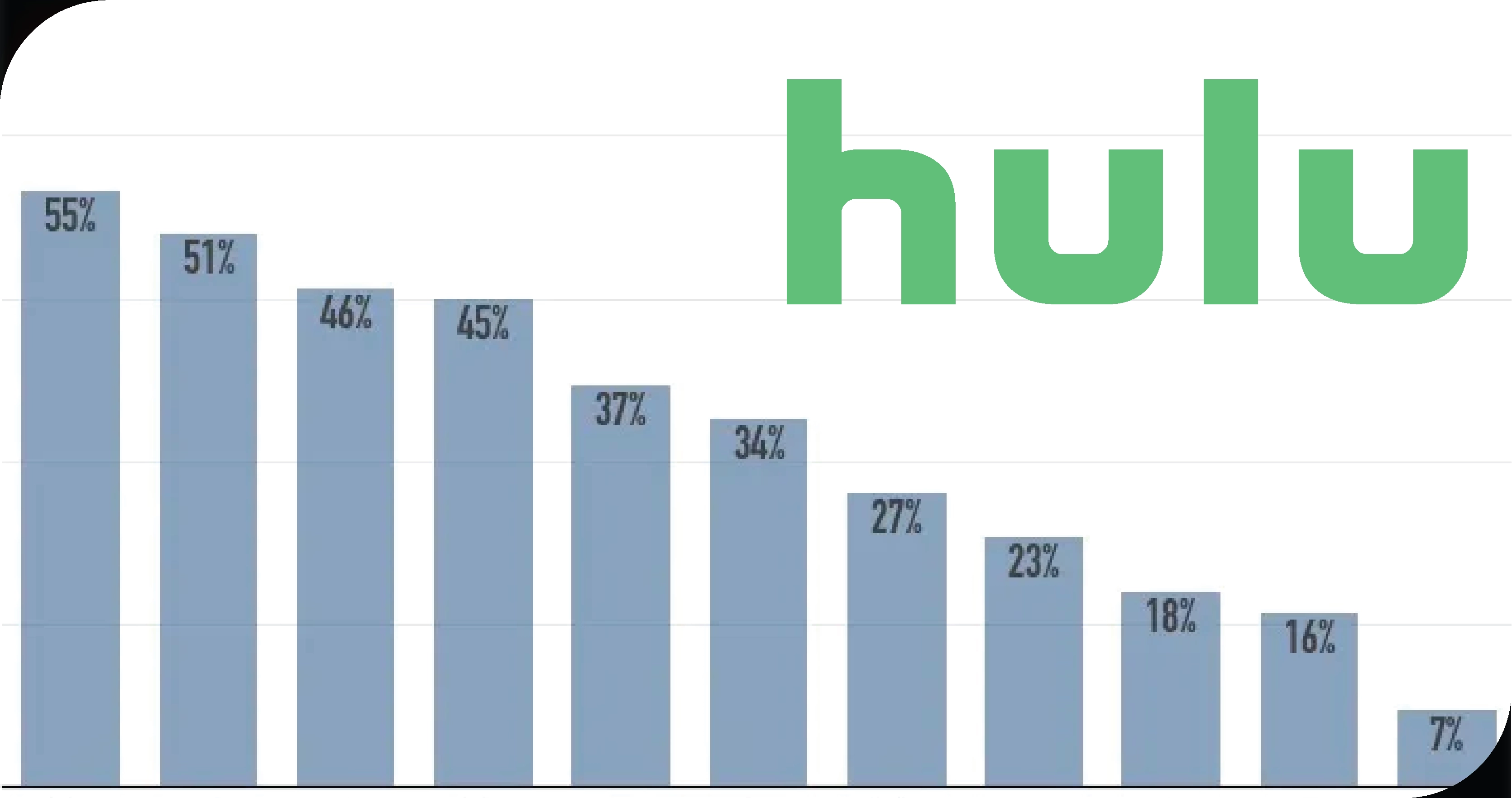 Genre-based data is essential for Hulu and other major players in the streaming industry. Companies like Netflix and Amazon Prime rely heavily on data to tailor their content to viewer preferences. Hulu is no different. By scraping genre insights from Hulu's data, competitors can gauge what viewers are watching and use this information to develop similar content to attract viewers.
Genre-based data is essential for Hulu and other major players in the streaming industry. Companies like Netflix and Amazon Prime rely heavily on data to tailor their content to viewer preferences. Hulu is no different. By scraping genre insights from Hulu's data, competitors can gauge what viewers are watching and use this information to develop similar content to attract viewers.Moreover, Hulu itself can use this data to fine-tune its recommendation algorithm. Suppose data scraping reveals that viewers who enjoy horror also tend to watch sci-fi shows. In that case, Hulu can use that information to offer better genre-based recommendations, improving the overall user experience. The more personalized the content recommendations are, the more engaged viewers are likely to be, which leads to increased retention and platform loyalty.
Genre data can also improve Hulu's user interface and content categorization. By understanding what genres are most prevalent during certain times of the year—such as horror during Halloween or romantic comedies around Valentine's Day—Hulu can adjust its home screen to showcase relevant and timely content, driving increased viewership and customer satisfaction.
Challenges in Scraping Hulu's Genre Data
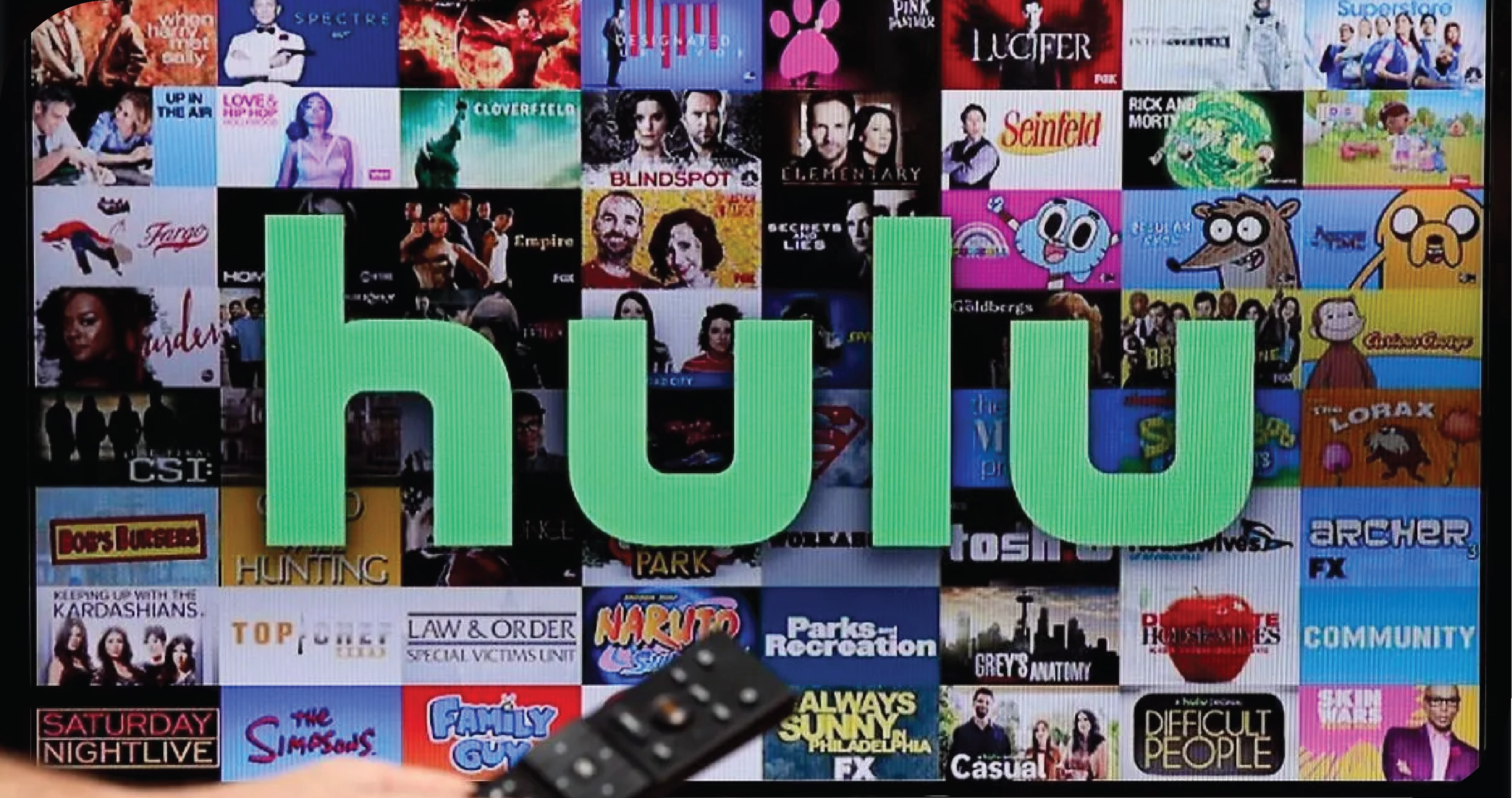 While scraping data from Hulu offers many opportunities, it also comes with challenges. Like other streaming platforms, Hulu has strict terms of service and privacy policies that may limit the ability to scrape data without violating their guidelines. Ensuring compliance with these terms is crucial for companies and analysts using scraped data ethically.
While scraping data from Hulu offers many opportunities, it also comes with challenges. Like other streaming platforms, Hulu has strict terms of service and privacy policies that may limit the ability to scrape data without violating their guidelines. Ensuring compliance with these terms is crucial for companies and analysts using scraped data ethically.Another challenge is the technical difficulty involved in scraping large amounts of data. Hulu's library constantly evolves, with new content added and old content removed or shifted between genres. Keeping the scraped data up to date requires sophisticated tools and techniques, such as setting up automated scraping systems to monitor the platform for real-time changes.
Additionally, data scraping could be a lot better. Errors in scraping can lead to incomplete or inaccurate datasets, which can affect the analysis and insights drawn from the data. Businesses that rely on scraped data must use the right tools and techniques to get accurate and reliable data.
Ethical and Legal Considerations
 The legality and ethics of data scraping are complex, mainly when it involves large companies like Hulu. While scraping publicly available data is generally considered legal, some data extraction methods can violate Hulu's terms of service. For instance, excessive scraping that strains Hulu's servers or attempts to bypass security measures can result in legal action.
The legality and ethics of data scraping are complex, mainly when it involves large companies like Hulu. While scraping publicly available data is generally considered legal, some data extraction methods can violate Hulu's terms of service. For instance, excessive scraping that strains Hulu's servers or attempts to bypass security measures can result in legal action.Businesses must balance the benefits of data scraping with the need for ethical practices. Scraping should be done responsibly, paying attention to privacy laws, such as GDPR or the CCPA, particularly when handling user data.
Furthermore, platforms like Hulu may implement countermeasures to prevent data scraping, such as CAPTCHA systems or IP blocking, which can limit the amount of data that can be scraped at any given time. Ethical data scraping requires navigating these hurdles while maintaining transparency and respecting Hulu's terms and policies.
Using Genre Insights to Predict Future Content Trends
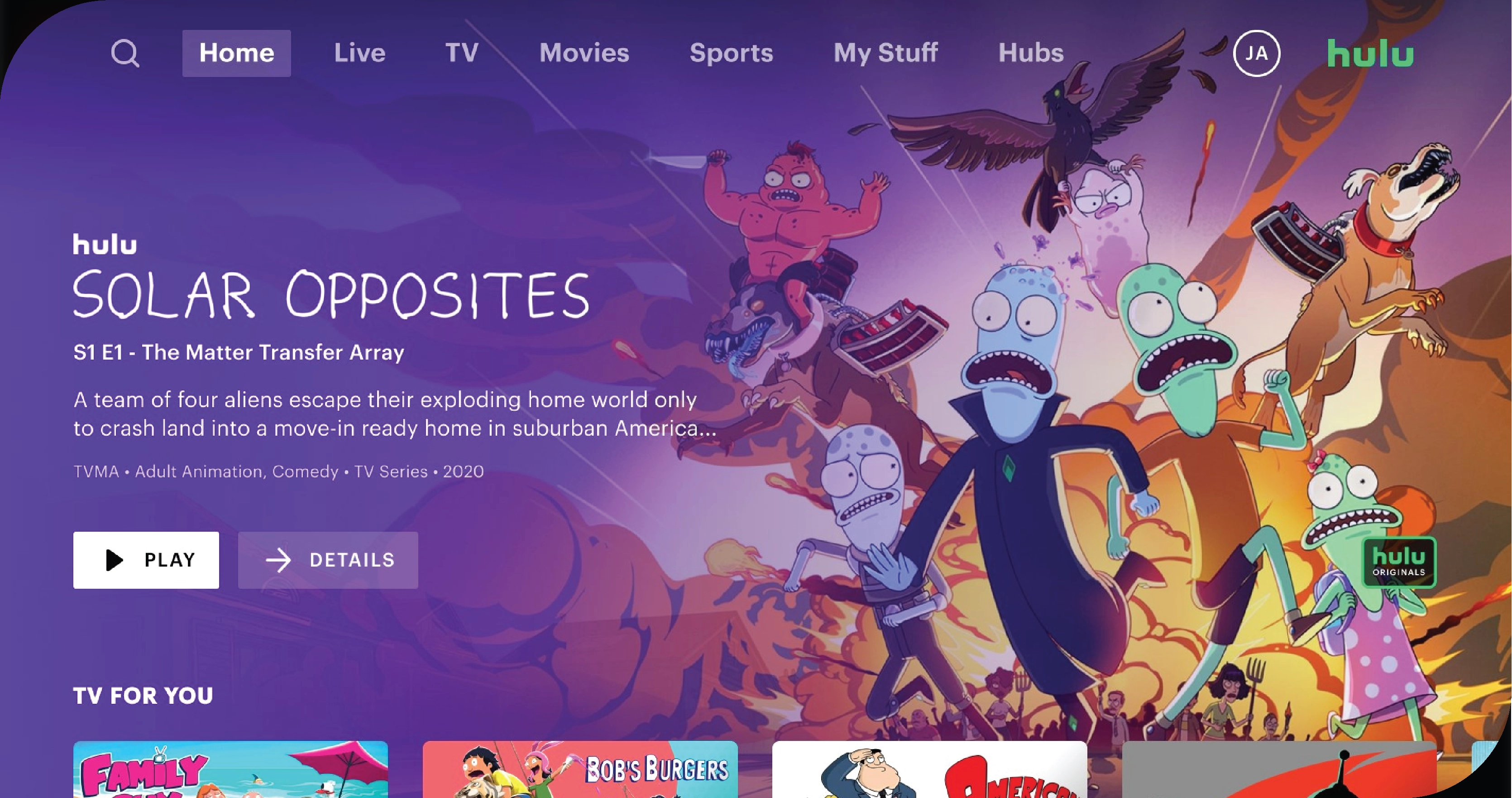 One of the most exciting uses of genre data is its potential for predicting future trends. By tracking what genres are gaining or losing popularity over time, companies can make educated predictions about what content is likely to succeed in the future.
One of the most exciting uses of genre data is its potential for predicting future trends. By tracking what genres are gaining or losing popularity over time, companies can make educated predictions about what content is likely to succeed in the future.For example, if scraping data from Hulu reveals that documentaries and factual crime genres have experienced consistent growth in viewership, Hulu and other streaming platforms might decide to increase their investments in producing or acquiring content in these genres. Similarly, a decline in interest in specific genres, such as romantic dramas, might reallocate resources to genres that show more promise.
These insights can extend beyond Hulu, helping content creators, studios, and advertisers align their strategies with viewers' shifting preferences. Advertisers, in particular, can use genre data to target their ads better, ensuring they reach the right audiences with content that resonates with their tastes.
Conclusion
The power of Hulu Data Scraping Services cannot be understated in today's content-driven world, especially when understanding and analyzing streaming platforms like Hulu. Genre- based insights provide a unique window into viewer preferences, enabling companies to make more informed decisions about content creation, acquisition, marketing, and advertising strategies. While data scraping comes with technical and ethical challenges, the potential rewards for businesses harnessing this data are substantial.
By effectively utilizing Hulu's genre data, companies can stay ahead of the curve, tapping into emerging trends, creating engaging content, and maintaining a competitive edge in the crowded streaming marketplace. As the demand for personalized, relevant content grows, genre-based insights will play a critical role in shaping the future of streaming success.
Embrace the potential of OTT Scrape to unlock these insights and stay ahead in the competitive world of streaming!
#ScrapingHuluData
#HuluDataScraper
#HuluDataScrapingServices
#HuluDataExtraction
#ExtractHuluData
#HuluDataCollection
#WebScrapingHuluData